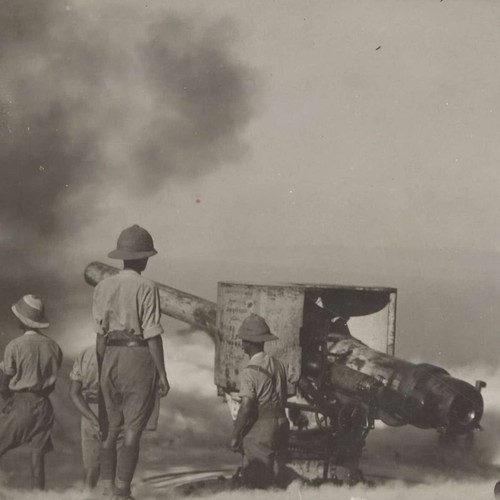
 80,000 Hours Podcast
80,000 Hours Podcast Great power conflict (Article)
Sep 22, 2023
Stephen Clare, author and narrator of the Great Power Conflict problem profile, dives into the grave realities of modern warfare. He discusses the serious threat posed by nuclear and bioweapons, drawing parallels to historical conflicts like the Cuban Missile Crisis. Clare evaluates the unpredictable nature of future wars due to misunderstandings and technology. He also analyzes current tensions among major powers like the U.S., China, and Russia, stressing the urgent need to mitigate existential risks in our increasingly complex international landscape.
AI Snips
Chapters
Books
Transcript
Episode notes
The U-2 Incident
- In 1962, a U-2 spy plane strayed into Soviet airspace, triggering a nuclear alert.
- Quick thinking averted potential disaster, highlighting the ever-present risks of great power conflict.
Impact of Great Power Conflict
- Great power competition significantly shapes the world.
- Mitigating great power conflict is crucial, despite individual influence seeming limited.
A New Great Power War
- Modern great power war could be worse than WWII due to economic and technological advancements.
- The 21st century is pivotal due to emerging technologies, making war's impact more severe.








